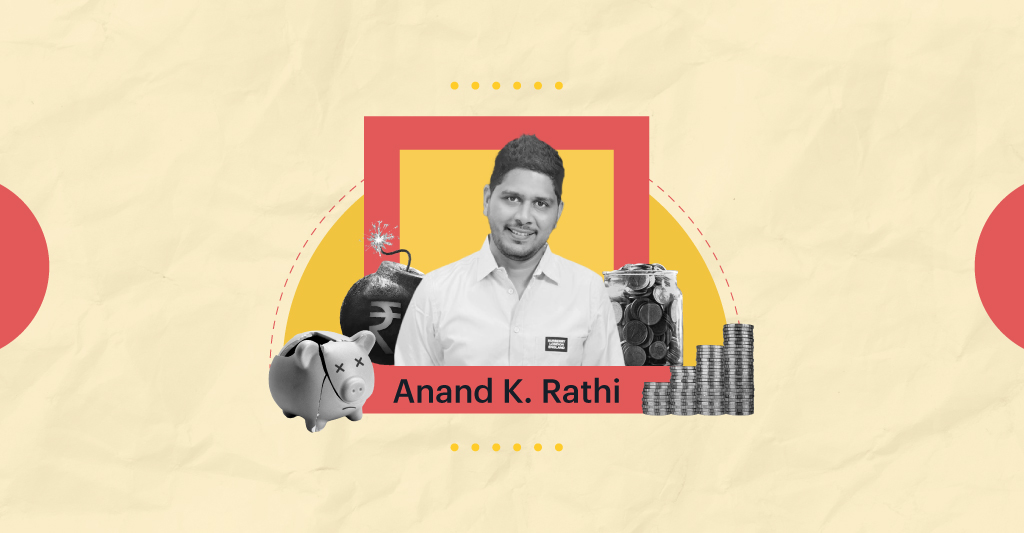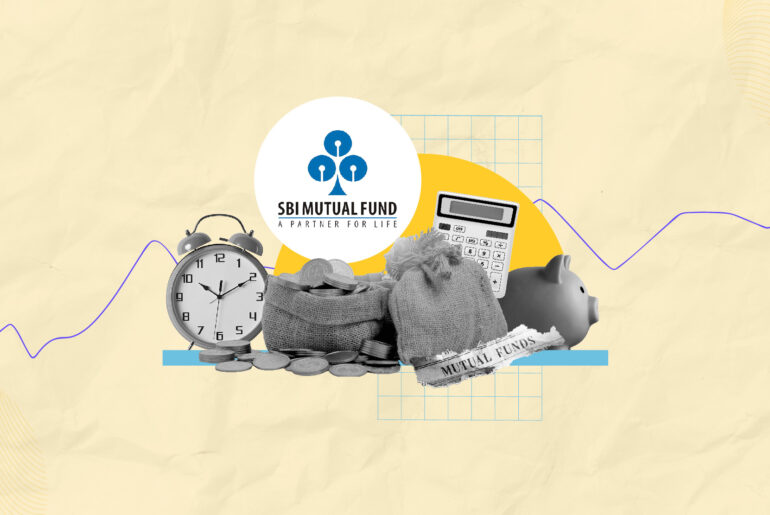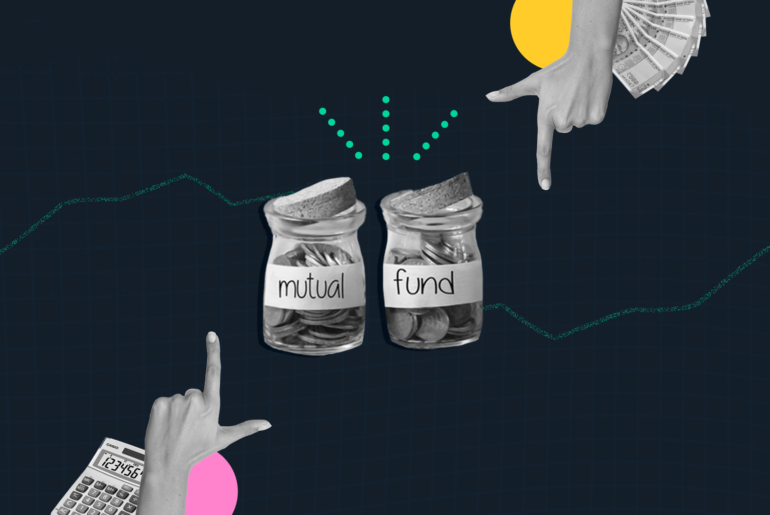Last Updated on Dec 20, 2021 by Aradhana Gotur
Let us hypothesise. Consider yourself, a graduate straight out of graduate school, placed in a multinational conglomerate, and having just earned your first five-figure paycheck. It’s highly probable that post this, you’d be faced with a dilemma: to either pay off a chunk of your burgeoning student loan or to probably invest in the latest cryptocurrency, possibly a token with strong fundamentals. Basically, an investment that could supposedly turn your life around. Surely, when put this way, the choice seems quite obvious.
However, it is also worth noting that just about any investment is subject to market risks, and has the potential to render this entire argument moot. So, which tide to surf? Let us delve a little deeper to evaluate our options.
Table of Contents
Invest or repay debts?
As observed earlier, there is a visible trade-off, when it comes to the choice between investing and paying off your dues. Even in this case, what’s non-negotiable are your efforts towards building an emergency fund.
The wise move
Surely, by investing wisely and diversifying your portfolio to avoid imminent market shocks, you could very well be amassing your dream retirement corpus. On the flip side, it is also worth noting that clearing off your debt could massively upgrade your creditworthiness and factor into your credit scores. So, which way to go? The answer is pretty clear. You do not have to choose one or the other. The trick is to strike the optimum balance between the two options. A general rule of thumb implicates partaking in both the activities- paying debts and investing-simultaneously, as both of them are crucial financial goals.
Should you invest or repay your debts first? The trick is to strike the optimum balance between the two – paying debts and investing-simultaneously, as both of them are crucial financial goals. Click To TweetAssess your risk appetite
Whilst making this decision, it is of utmost importance for you to take into account your risk appetite. If a high-risk high-reward situation excites you, and you feel that you have the chance of earning a better reward, by making smart investments instead of paying off your debt, it is well worth the risk.
Compounding works both ways
However, if you have a credit card debt with very high-interest rates, it’s essential that you consider paying the debt off first. This is simply because the power of compounding has the potential to increase the final debt sum to such exponentially high numbers, that it will put a damper on your finances entirely.
Compounding works both ways. It maximises the return on your investments and also the interest payable on your debt. So give them time for the right reasons. Click To TweetThus, if you are investing whilst having credit card debt, there’s a very fair chance that you’re paying much more in the form of interest, than the returns your investments are generating.
The key is to look inside
Conversely, if your investments are generating more returns, in contrast to what your debts are costing you, then the aforementioned investments are justified. Another major factor that needs to be taken into consideration here is the investor’s psychology. If you are a person, who is constantly worried about the level of debts, and this induces paranoia within you, then the best route for you is working towards clearing out your debt.
A word on the emergency fund
Needless to say, siding with neither of these options shall come at the cost of your emergency fund- the one that you absolutely need to set aside to be able to meet any unforeseen expenses. It is often advised to set aside about half a year’s accommodation expenses in traditional savings or even invest in short-term and highly liquid investments, to supplement the aforementioned emergency fund.
Typically, it is advisable to retire your debt, before retiring yourself. The reason is simple. Since post-retirement, you are heavily reliant on your retirement fund to meet your expenses, you can simply not afford to let interest payments feed off on sizeable portions of that money, because not only will it hamper your retirement budget, it will render you unable to meet senility expenses.
There are several debt classes, such as student loans, that are not exempted from bankruptcy proceedings. Naturally, one wouldn’t wish to find themselves in a situation, wherein they have to pay such exorbitant amounts, with little to no income.
The takeaway
In conclusion, deciding whether to invest or to retire your debt is not a black and white dilemma. The key to making this decision lies in the balance. Virtually, no investment can guarantee fixed returns and no debt when paid off would guarantee complete satiation. In order to make a definitive decision, it is important for you to objectively assess your financials, carefully contemplate the risks and returns associated with your investments and take your risk appetite into consideration, whilst making this decision. Only then would you be able to develop a cogent financial plan, that’d work the best for you.




